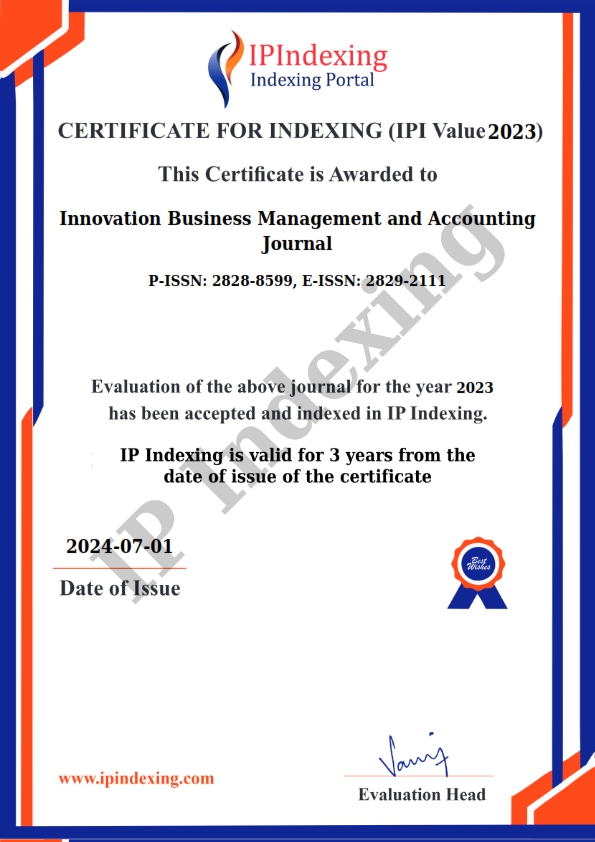Analysis of the Code of Ethics of the Five Pandawa Character Perspective Accountants
DOI:
https://doi.org/10.56070/ibmaj.icals.2024.011Keywords:
The Five Pandawa, Accountant Ethics Five Pandawa, Accountant EthicsAbstract
This study explores the use of "five" metaphors from the Mahabharata epic to describe five fundamental principles in accountant ethics. Each Pandavas character is associated with core principles that guide the professional behavior of accountants. This research method uses the literature method. The results of the discussion containing character and its history, Yudhishthira symbolizes integrity, emphasizing the importance of honesty and justice. Bhima reflects professional and caution competence, calling for strength in knowledge and skills. Arjuna describes objectivity, where accountants must maintain neutrality and not favor in decision making. Nakula is associated with the principle of confidentiality, emphasizing the importance of maintaining confidential information. Finally, Sahadeva symbolizes professional behavior, which requires accountants to act ethically and in accordance with professional standards. By using this analogy, this research offers a new way to understand and teach the principles of accountant ethics through the merging of cultural values and professionalism.
Downloads
References
Abbie H. Brown, T. D. G. (2019). The essentials of instructional design.
Abu-Bader, S., & Jones, T. V. (2021). Statistical Mediation Analysis Using the Sobel Test and Hayes Spss Process Macro. International Journal of Quantitative and Qualitative Research Methods, 9(1), 42–61. https://ssrn.com/abstract=3799204
Atmoko, T. P. H. (2018). Strategi Pemasaran Untuk Meningkatkan Volume Penjualan Di Cavinton Hotel Yogyakarta. Journal of Indonesian Tourism, Hospitality and Recreation, 1(2), 83–96. https://doi.org/10.17509/jithor.v1i2.13769
Prabowo, M. A., Hanifah, M. N., Abduh, M., Kalsum, U., & Jefriyanto, J. (2023). Internalisasi Nilai Kearifan Lokal Budaya Jawa dalam Kode Etik Akuntan. Wahana Riset Akuntansi, 11(2), 89. https://doi.org/10.24036/wra.v11i2.124175
Rahman, Rahim, H. . (2011). Nilai - nilai utama kebudayaan bugis. In Invoice: Jurnal Ilmu Akuntansi (Vol. 3, Issue 2).
Downloads
Published
How to Cite
Issue
Section
License
Copyright (c) 2025 Muhammad Aras Prabowo, Emilia Rachmi Muntaha, Habsyah Fitri Aryani

This work is licensed under a Creative Commons Attribution-ShareAlike 4.0 International License.


